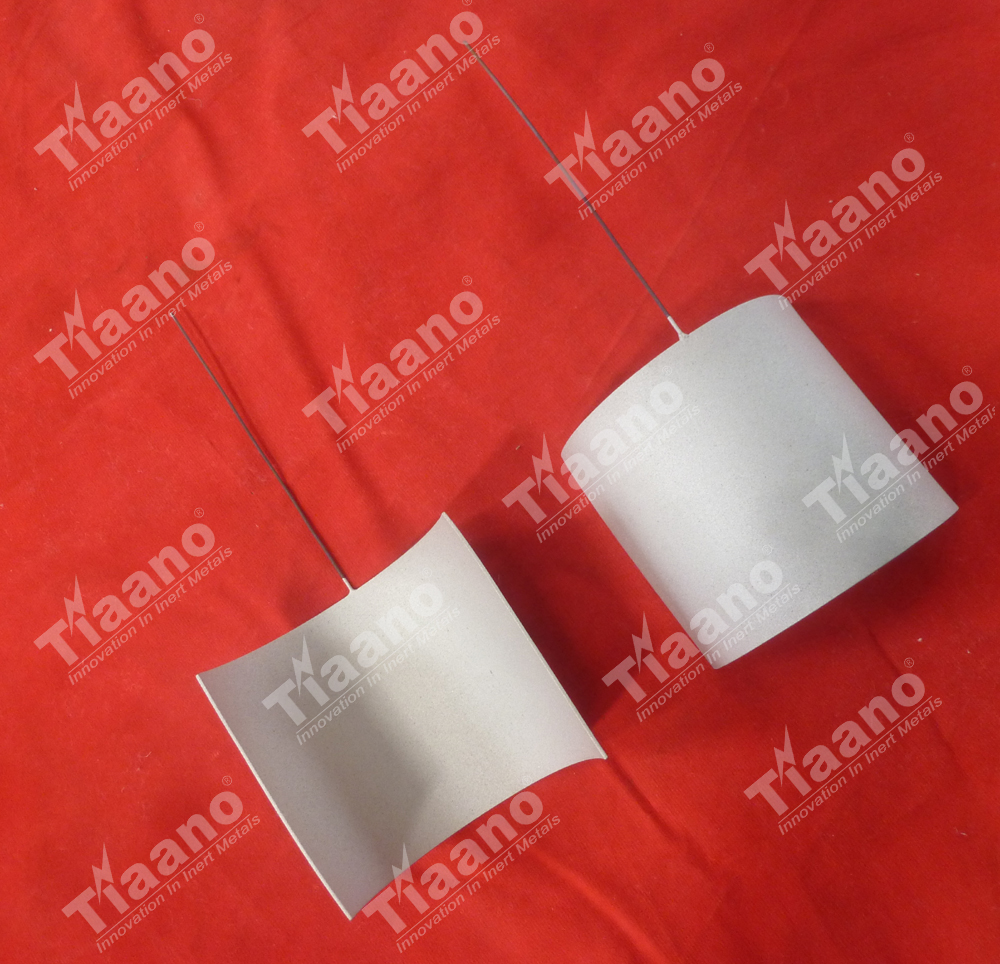PLATINISED ANODE FOR ELECTROLYSIS RESEARCH AND DEVELOPMENT (TIAANO CHENNAI, INDIA MANUFACTURER AND SUPPLIER OF PLATINISED TITANIUM ANODES AND PLATINIZED NIOBIUM ANODES)
November 15, 2020 at 5:08 PM
—
Platinised
Tiaano offer Platinum plated Anode and cathodes (Electrodes) for various research and developments. Many article provides a history of platinized anodes by reviewing innovations in the chlor-alkali industry, electroplating, electro galvanizing, electro winning etc.... These anodes are attractive for numerous reasons (e.g., long life and educed energy consumption), but they must still overcome the hurdle of cost to gain wider acceptance for applications in the various process industries.
Chemical Behavior of Platinum Plated and Titanium:-
Platinum is preferred on an anode's outer surface because it is highly resistant to corrosion and can ensure current flow in most electrolyte media without leading to the formation of an insulating layer on itself. Because it doesn’t corrode, it doesn’t produce corrosion products and hence the consumption rate is very low.
Platinum is inert in fused salts and acids, whereas it is dissolved in aqua regia. There is no risk of hydrogen embrittlement. It is one of the few rare metals that perfectly resist chlorides of seawater.
Titanium shows reasonably good resistance to a marine environment (seawater in particular). It does not react with concentrated (80%) solutions of metallic chlorides. However, it is susceptible to attack by hydrofluoric acid (HF) and hot hydrochloric acid (HCl) of higher concentrations. Even hydrogen peroxide and hot nitric acid can attack titanium. Oxidizing agents normally do not attack titanium because it readily forms a protective oxide coating. However, non-oxidizing substances such as sulfuric acid (above 5% concentration) and phosphoric acid (above 30%) can attack titanium. From a hydrogen embrittlement point of view, titanium fares better than tantalum as an anode material.
Benefits of Platinised Titanium Electrode:-
Platinum has the advantages of electrochemical inertness, mechanical strength, workability and favorable electrical conductivity. However, it is prohibitively expensive. Development of platinum on titanium and platinum on tantalum (plated) materials has opened up the feasibility of using these for anode materials for Electro Plating, metal finishing and cathodic protection systems in critical applications.

dc97e3b9-cd20-4112-96a3-eac316965868|0|.0|27604f05-86ad-47ef-9e05-950bb762570c
Posted in: Automobile parts plating | Cathodic Protection Anodes | Electro Chemical Anodes | Electro Plating | Electro Winning | General | Gold Plating | Hard chrome plating | Ionisation | MGPS | perchlorate | Platinum plated mesh | PLATINUM PLATED SHEET | Platinum plating | potassium chlorate | Refining | Sodium chlorate | Waste Water Treatment Plant | Water Ionization | Water Treatment
Tags: Platinised Sheet Anode, Platinised Flat Anode, positive electrode, Negative electrode, Platinum Plated Anode, Platinum Plated Cathode, Titanium Anode, Titanium Cathode, Niobium Anode, Niobium Cathode, Platinised Electrode, positive Anode, negative Anode, Alkaline Anode, Platinum Plated Electrode